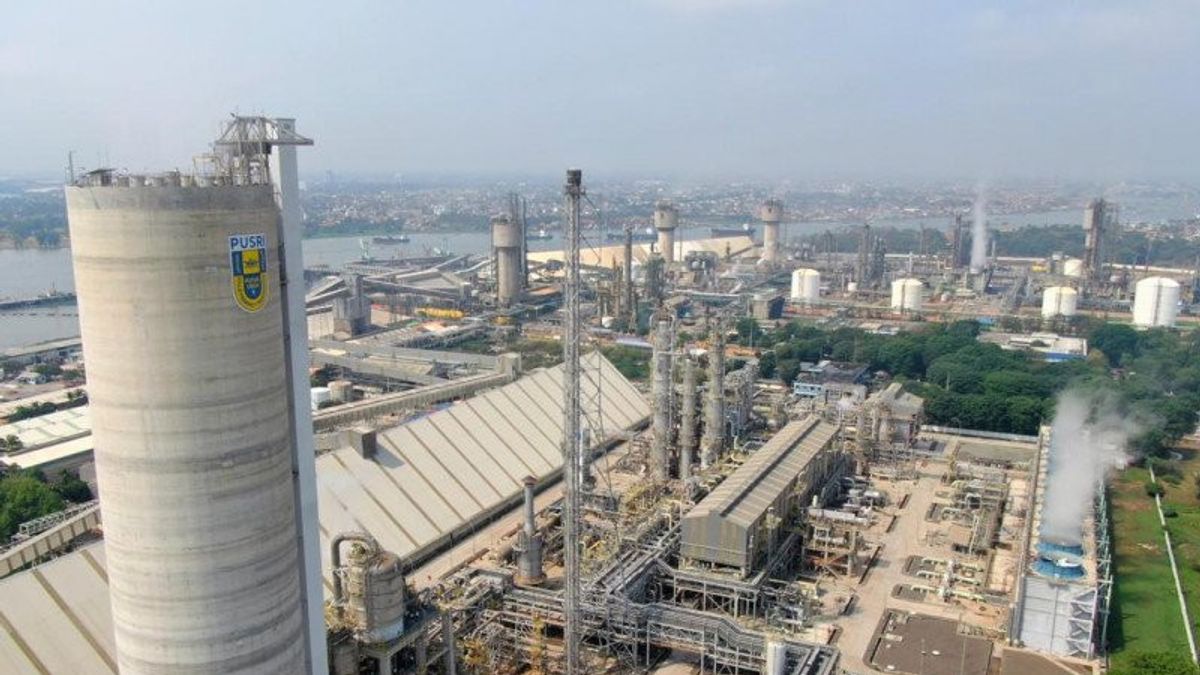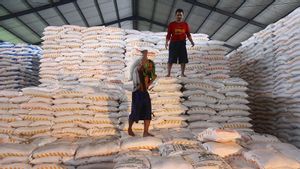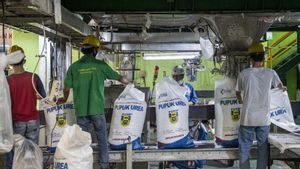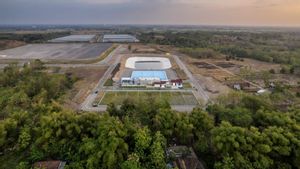JAKARTA - PT Pupuk Indonesia (Persero) plans to build new fertilizer factories in a number of areas. This step is to increase the company's production capacity to meet the availability of Urea and NPK fertilizers.
The Pupuk Indonesia factory's current production capacity reaches 13.9 million tons per year. However, the amount of fertilizer production currently only reaches 12.7 million tons per year.
Pupuk Indonesia's SVP Corporate Secretary, Wijaya Laksana said, currently Indonesian fertilizer has a production capacity of 3.5 million tons of NPK fertilizer, while the national demand for this fertilizer is 8.6 million tons.
Furthermore, Wijaya said, in order to meet national demand for NPK fertilizer, his party recently inaugurated an NPK fertilizer factory owned by Pupuk Islandar Muda (PIM) in Aceh.
Not only that, according to Wijaya, his party will also boost NPK fertilizer production by adding a new factory. One of them is in Cikampek.
"Yesterday we inaugurated the PIM Aceh factory. In the near future, we will build two new factories in Cikampek and Bontang for PNK fertilizer. The production capacity is 100,000 tons each," he told journalists, written Tuesday, March 14.
Wijaya revealed that his party also plans to transfer the Petrokimia Gersik Factory, which originally produced SP-26 fertilizer, to an NPK factory with a capacity of around 500,000 tons which is planned to operate in 2024.
Meanwhile, for Urea fertilizer, said Wijaya, the production capacity of PT Pupuk Indonesia (Persero) reached 8.5 million tons per year of the national demand of 6.5 million tons.
SEE ALSO:
As for the details, 4.6 million tons came from subsidized fertilizers and 1.8 million tons for non-subsidized ones.
Even though the capacity exceeds national needs, Wijaya said that his party plans to increase production capacity by building a new Urea factory.
"We will also build a new factory for Urea. Only for Urea, the goal is not just capacity, but efficiency as well, the older the factory the more gas is wasted. In Palembang and another in West Papua, they want to build a Urea factory," he said.
Unfortunately, Wijaya did not explain in detail when the construction of the new Urea fertilizer plant would be completed and operational.
The English, Chinese, Japanese, Arabic, and French versions are automatically generated by the AI. So there may still be inaccuracies in translating, please always see Indonesian as our main language. (system supported by DigitalSiber.id)

















